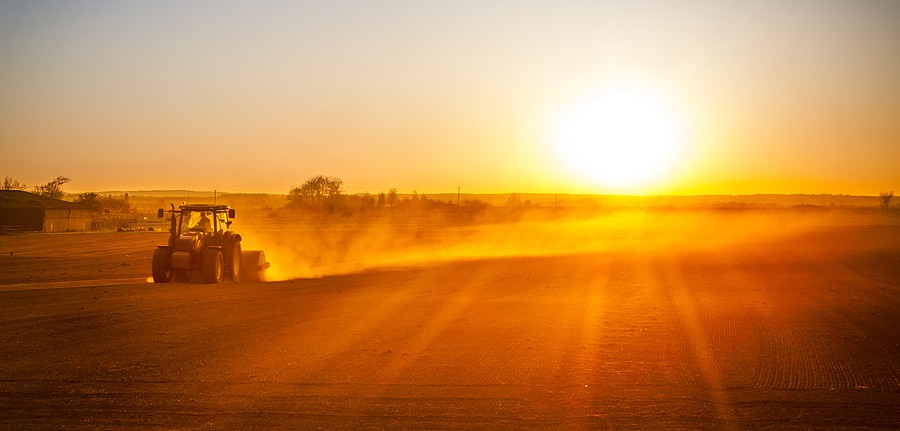News
Illegal Abstraction Levels Identified Among Farmers
In order to facilitate life in the 21st century, significant amounts of water are required – and not just for drinking purposes. Resources are necessary for domestic use, industry and agriculture and leisure purposes, with supplies abstracted from natural sources like underground aquifers, canals, springs, streams, rivers and lakes.
Once water has been abstracted, it is then usually transported through distribution systems so it can be treated and then used for a wide range of different applications.
However, it’s essential that this abstraction takes place sustainably, with water resources managed responsibly to ensure that there’s enough for one and all… and this is something that’s become particularly difficult to maintain in the face of combined pressures including population growth, climate change, increased urbanisation and pollution.
Any business, regardless of industry or sector, will likely need to have an abstraction licence granted by the Environment Agency if they intend to take over 20,000 litres a day from the natural environment.
Once you have a permit in place, it’s essential that you operate within its limits or you could find yourself on the wrong side of the law.
Illegal abstraction
Interestingly, this is something that has just been brought to light by a new BBC investigation, revealing that more than 150 farms across England have been found to be illegally abstracting too much water from subterranean sources, as well as lakes and rivers.
Environment Agency figures, obtained via a freedom of information request, show that since the middle of 2022 almost 200 permit breaches took place, with farmers using water from local sources. Of these cases, 141 put the environment at risk – but only one farmer has been prosecuted thus far.
These breaches date from the start of the record-breaking summer of 2022, which saw five heatwave periods take place consecutively and which saw temperatures soar above 40 degrees C.
Water in England is abstracted for public supply, as well as for electricity generation and industrial purposes, but agriculture is one of the biggest consumers, with large volumes often required from local sources for irrigation, which can prove problematic during prolonged dry spells.
Over-abstraction, especially during drought conditions, can cause significant environmental damage, affecting river levels, biodiversity, wildlife habitats and species populations, as well as increasing pollution levels.
Dr Justin Neal from river campaign group Wildfish said that the current number of farmers over-abstracting water is just the tip of the iceberg, telling the news source: “With a minimal risk of being caught and few prosecutions, there is absolutely no deterrent effect. That means taking too much water is now an acceptable occupational risk.”
The BBC investigation found that 154 farms committed 199 breaches between 2022 and June 2025. Just one farmer has been prosecuted and one given a fine as a civil sanction, while 137 were issued warnings or given advice on the matter. No action at all was taken against three of them, with 12 inquiries currently ongoing.
Dr Neal continued, saying that the exemption that allows farmers to abstract 20,000 litres per day without a permit in place means it’s impossible to be sure just how much water is being taken from the environment by farms across England.
The campaign group is now calling for further inspections and a new enforcement strategy that puts greater emphasis on suitable sanctions, rather than the provision of advice for those breaking the law.
How can businesses help?
Farming businesses keen to do their part to protect the environment may want to consider having a water audit of their site carried out so they can see how and where they’re using water, with a view to reducing this as far as is practicable.
There are many strategies that can be employed to become more water efficient, including drip irrigation practices, irrigation scheduling, cover cropping, growing drought-resistant crops, mulching, rainwater harvesting, greywater reuse and so on.
Once you’ve had an audit of your site conducted, you can judge more effectively which water-saving solutions would be most appropriate for you. These can also be adapted over time in line with the evolving needs of your business.
If you’d like to find out more, get in touch with the H2o Building Services team today.
